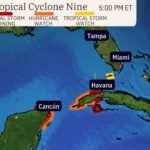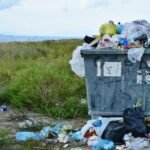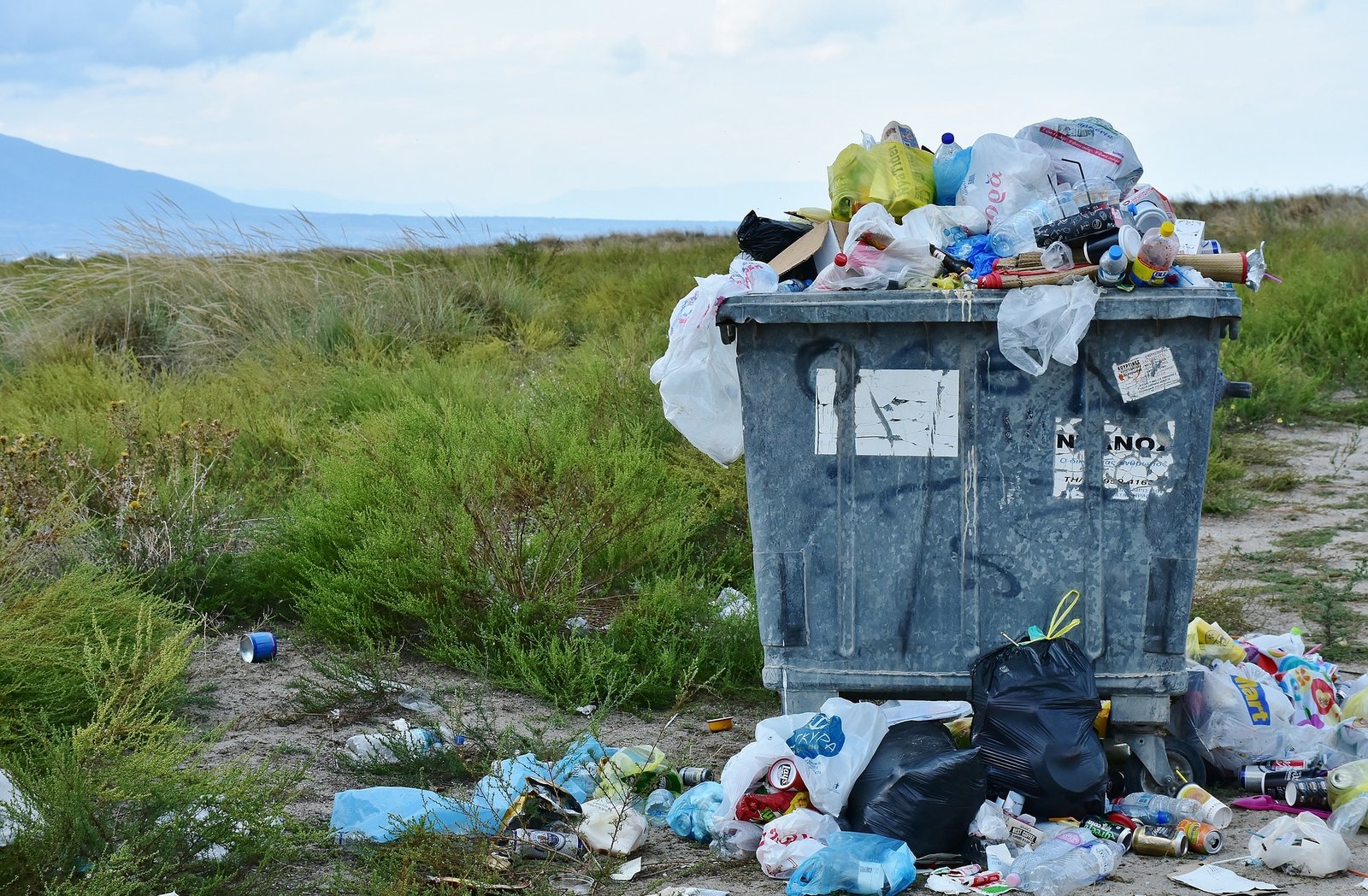Bay Area Continues to Focus on Plastic Pollution as Exxon Hit with Lawsuit
Concerns about plastic pollution have grown over the years as scientists have learned more about its harmful impact on the environment. While much of the effort has been centered on recycling, it turns out that a significant amount of plastic waste is not recyclable.
Recently, two lawsuits claimed that manufacturers have known this all along.
On Saturday, many people participated in California Coastal Cleanup Day, and in Berkeley, it was easy to find trash lodged in the rocky shoreline.
“Our biggest focus is plastic right now,” said cleanup organizer Sammi Orth. “Plastic doesn’t decompose; it breaks down into smaller and smaller pieces until it forms microplastics, which wildlife often mistake for food.”
Despite recycling efforts, microplastics are now prevalent on land and in water, with traces even found in the Sierra snowpack. Environmentalists declared that enough is enough, and they, along with the California Attorney General, filed lawsuits on Monday in San Francisco against ExxonMobil, the world’s largest plastic producer.
“We know that Exxon has known for decades—because we’ve seen their internal documents—that plastics are not recyclable,” said attorney Niall McCarthy. “Despite this fact, they’ve been promoting the idea that plastics are recyclable to the public in California, deceiving consumers into using their products when only five percent of plastics are actually recyclable.”
The primary issue lies with lightweight plastic films and bags. At Recology’s large plant in San Francisco, there is a mountain of material intended for recycling, but even with tens of millions spent on sorting equipment, spokesperson Robert Reed noted that there is still no way to process plastic bags.
“When plastic bags are placed in recycling bins, they get mixed with other materials,” he explained. “When they are mixed like that, it becomes very difficult, if not impossible, to recycle them.”
“Exxon profited by claiming that plastics are disposable, safe, and recyclable. And that’s simply not true,” said Martha Kreeger, chair of the Sierra Club’s San Francisco chapter. “Exxon perpetuated the myth of recyclability to keep consumers buying more and more.”
In response, Exxon denied the allegations, stating, “For decades, California officials have known that their recycling system isn’t effective. They failed to act, and now they seek to blame others.”
The company mentioned its success with a process called “advanced recycling,” which breaks down plastic films using heat or chemicals.
“Advanced recycling works,” they asserted in a statement. “To date, we’ve processed over 60 million pounds of plastic waste into usable raw materials, keeping it out of landfills.”
However, California Attorney General Rob Bonta criticized this approach, labeling it as part of what many now call “the recycling myth.”
“What solution does ExxonMobil offer us? Plastic recycling, a farce, a lie, a deceit,” Bonta said. “Since the 1970s, ExxonMobil has known the truth about plastic pollution and recycling while still publicly promoting the myth that plastic recycling is the answer.”
“What happened here,” attorney McCarthy remarked, “is that their deceptive marketing gave Californians a false sense of security, leading them to believe that the plastic they were purchasing would actually be recycled, when, in fact, it was not.”










